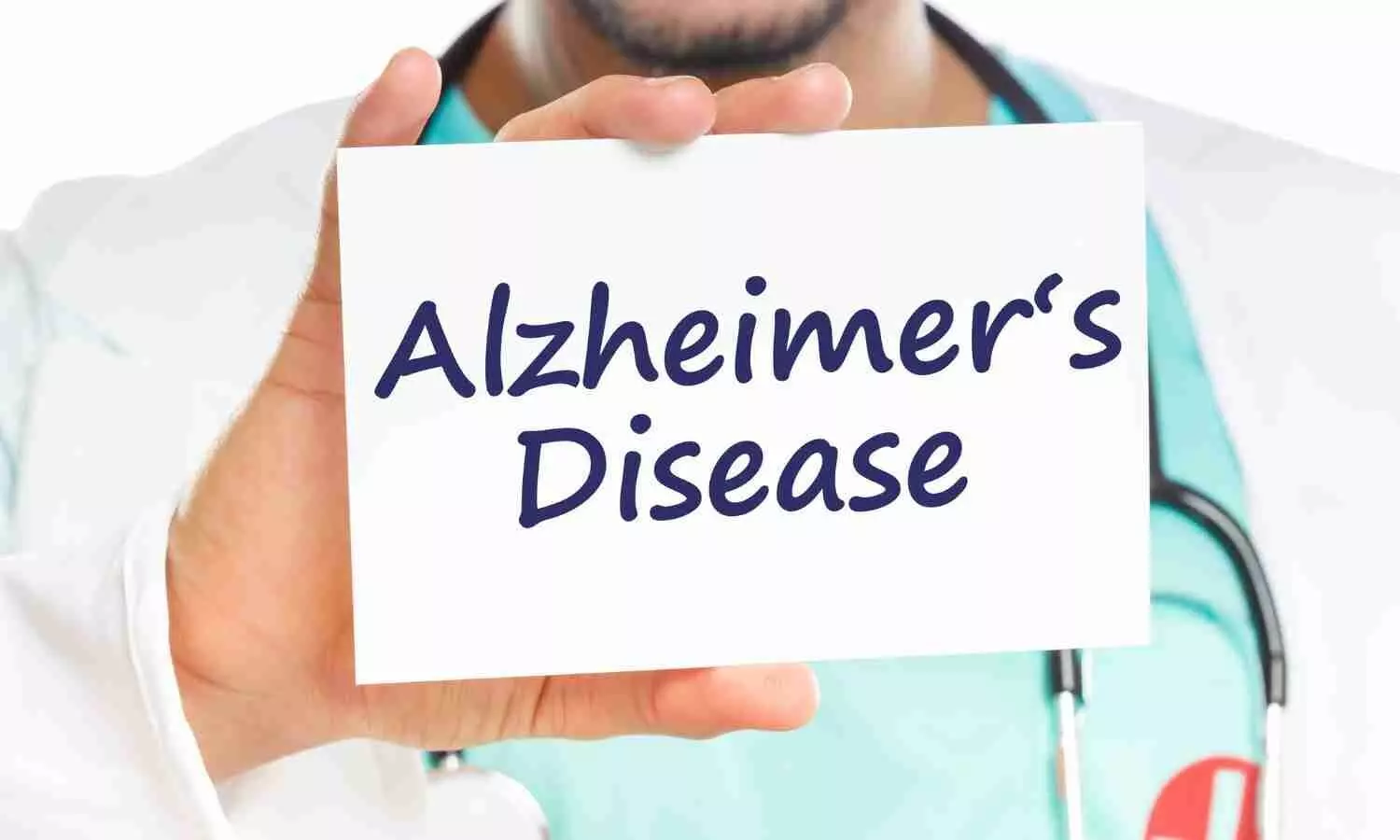- Home
- Medical news & Guidelines
- Anesthesiology
- Cardiology and CTVS
- Critical Care
- Dentistry
- Dermatology
- Diabetes and Endocrinology
- ENT
- Gastroenterology
- Medicine
- Nephrology
- Neurology
- Obstretics-Gynaecology
- Oncology
- Ophthalmology
- Orthopaedics
- Pediatrics-Neonatology
- Psychiatry
- Pulmonology
- Radiology
- Surgery
- Urology
- Laboratory Medicine
- Diet
- Nursing
- Paramedical
- Physiotherapy
- Health news
- Fact Check
- Bone Health Fact Check
- Brain Health Fact Check
- Cancer Related Fact Check
- Child Care Fact Check
- Dental and oral health fact check
- Diabetes and metabolic health fact check
- Diet and Nutrition Fact Check
- Eye and ENT Care Fact Check
- Fitness fact check
- Gut health fact check
- Heart health fact check
- Kidney health fact check
- Medical education fact check
- Men's health fact check
- Respiratory fact check
- Skin and hair care fact check
- Vaccine and Immunization fact check
- Women's health fact check
- AYUSH
- State News
- Andaman and Nicobar Islands
- Andhra Pradesh
- Arunachal Pradesh
- Assam
- Bihar
- Chandigarh
- Chattisgarh
- Dadra and Nagar Haveli
- Daman and Diu
- Delhi
- Goa
- Gujarat
- Haryana
- Himachal Pradesh
- Jammu & Kashmir
- Jharkhand
- Karnataka
- Kerala
- Ladakh
- Lakshadweep
- Madhya Pradesh
- Maharashtra
- Manipur
- Meghalaya
- Mizoram
- Nagaland
- Odisha
- Puducherry
- Punjab
- Rajasthan
- Sikkim
- Tamil Nadu
- Telangana
- Tripura
- Uttar Pradesh
- Uttrakhand
- West Bengal
- Medical Education
- Industry
Unveiling Iatrogenic Alzheimer's: A Potential Threat in Medical History

In a groundbreaking revelation, scientists have shed light on the possibility of iatrogenic Alzheimer's disease (AD), a form acquired through medical procedures. Alzheimer's, known for amyloid-beta (Aβ) deposition and neurofibrillary tangles, has long been considered a complex interplay of genetic and environmental factors. However, a recent study underscores the environmental acquisition of AD, prompting a reevaluation of preventive measures in medical settings.
The study results were published in the journal Nature Medicine.
The study, which builds upon previous findings on the transmission of Aβ pathology, focused on individuals who, as children, received cadaver-derived pituitary growth hormone (c-hGH) contaminated with both Creutzfeldt–Jakob disease (CJD) prions and Aβ seeds. While prior reports detailed Aβ transmission in iatrogenic Creutzfeldt–Jakob disease (iCJD) cases, the latest research delves into cases where recipients not only survived iCJD but also later developed dementia and biomarker changes consistent with AD.
This discovery challenges the conventional understanding of AD as primarily a result of genetic predisposition. Instead, it introduces the concept of iatrogenic forms of the disease, emphasizing the need for a nuanced approach in addressing AD's various manifestations. The study suggests that AD, like Creutzfeldt–Jakob disease, may have acquired forms resulting from environmental exposure during medical interventions.
While iatrogenic AD is acknowledged as rare, the implications are far-reaching. The study stresses the importance of revisiting and reinforcing preventive measures to minimize accidental transmissions through medical and surgical procedures. The recognition of iatrogenic AD highlights the potential risks associated with certain medical interventions, necessitating a critical examination of safety protocols in healthcare settings. Importantly, the study clarifies that there is currently no evidence suggesting the transmission of Aβ between individuals in daily life activities. The risk is primarily associated with specific medical treatments, particularly those involving growth hormone derived from cadavers.
Furthermore, the research warns of potential challenges in therapeutic strategies targeting Aβ assemblies. As Aβ assemblies exhibit structural diversity comparable to conventional prions, there's a possibility that therapeutic interventions may inadvertently select minor components, leading to the development of resistance. This cautionary note underscores the delicate balance required in developing effective and safe treatments for AD.
In conclusion, the revelation of iatrogenic Alzheimer's introduces a new dimension to the understanding of the disease. As the scientific community grapples with these findings, the imperative for stringent preventive measures and the careful consideration of therapeutic strategies becomes paramount in the ongoing battle against Alzheimer's disease.
Further reading: Banerjee, G., Farmer, S.F., Hyare, H. et al. Iatrogenic Alzheimer’s disease in recipients of cadaveric pituitary-derived growth hormone. Nat Med (2024). https://doi.org/10.1038/s41591-023-02729-2
BDS, MDS
Dr.Niharika Harsha B (BDS,MDS) completed her BDS from Govt Dental College, Hyderabad and MDS from Dr.NTR University of health sciences(Now Kaloji Rao University). She has 4 years of private dental practice and worked for 2 years as Consultant Oral Radiologist at a Dental Imaging Centre in Hyderabad. She worked as Research Assistant and scientific writer in the development of Oral Anti cancer screening device with her seniors. She has a deep intriguing wish in writing highly engaging, captivating and informative medical content for a wider audience. She can be contacted at editorial@medicaldialogues.in.
Dr Kamal Kant Kohli-MBBS, DTCD- a chest specialist with more than 30 years of practice and a flair for writing clinical articles, Dr Kamal Kant Kohli joined Medical Dialogues as a Chief Editor of Medical News. Besides writing articles, as an editor, he proofreads and verifies all the medical content published on Medical Dialogues including those coming from journals, studies,medical conferences,guidelines etc. Email: drkohli@medicaldialogues.in. Contact no. 011-43720751



